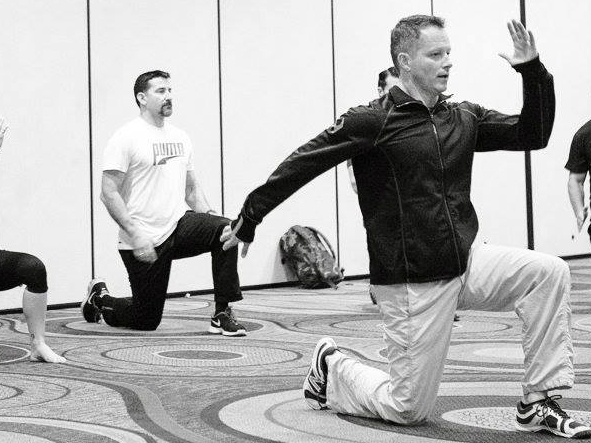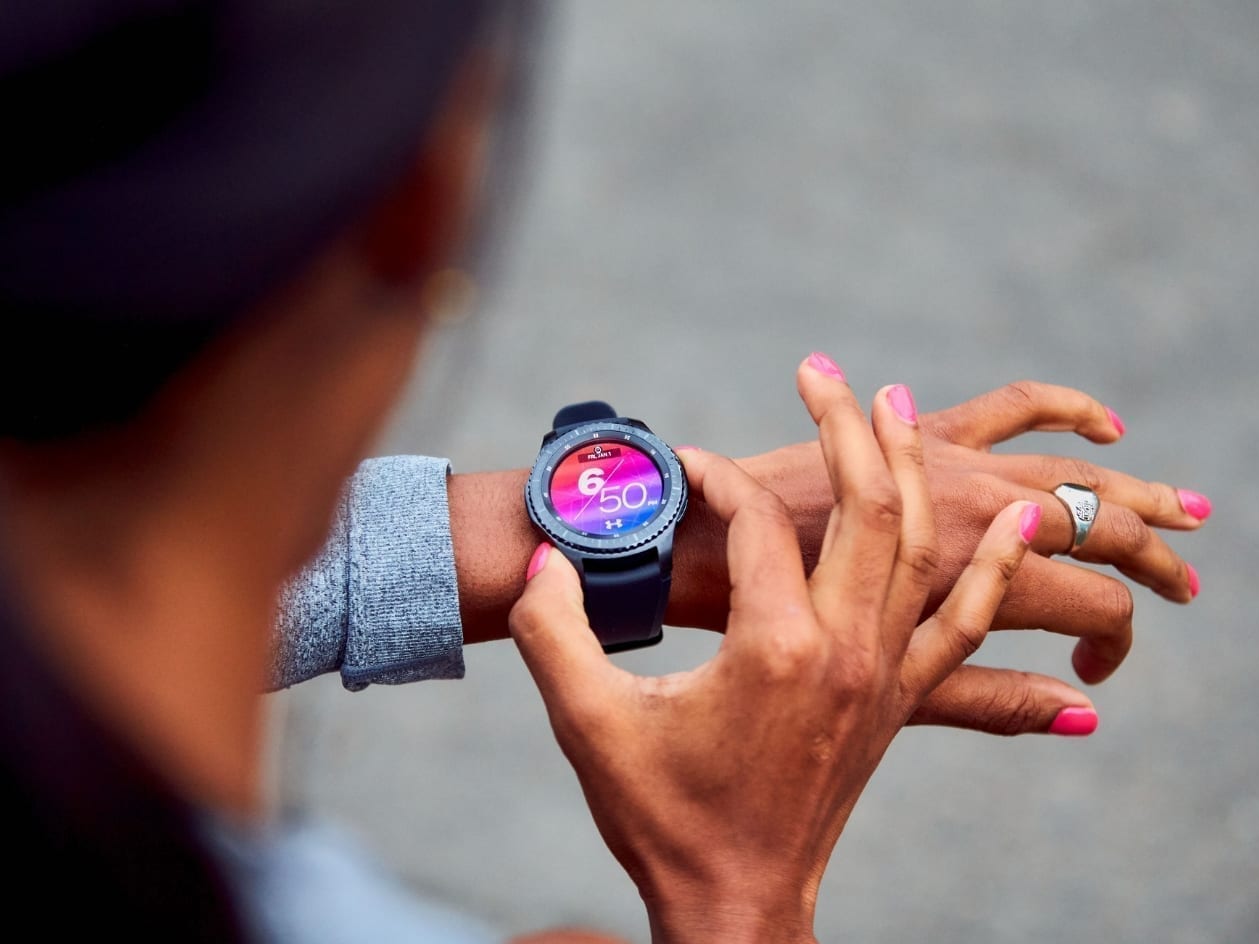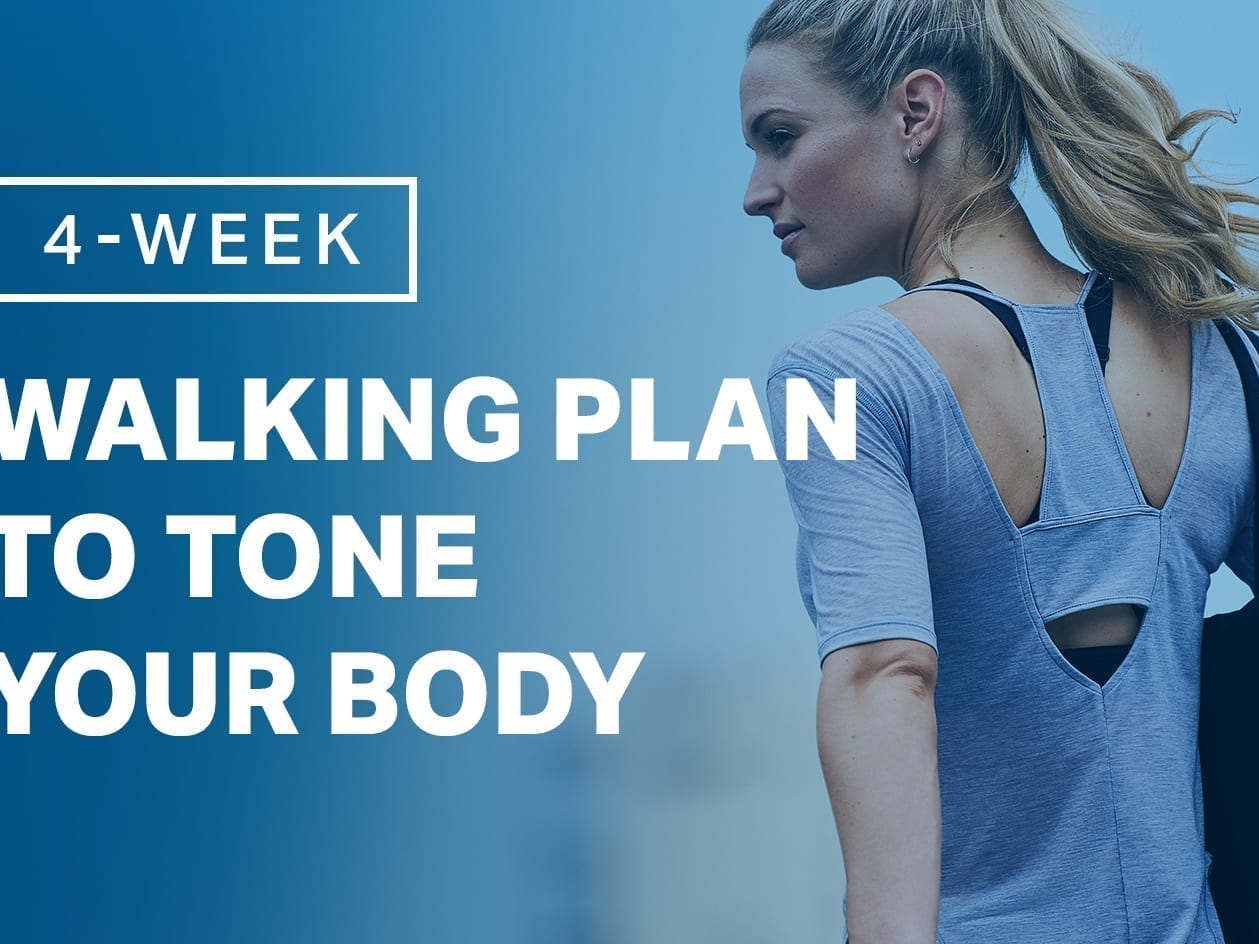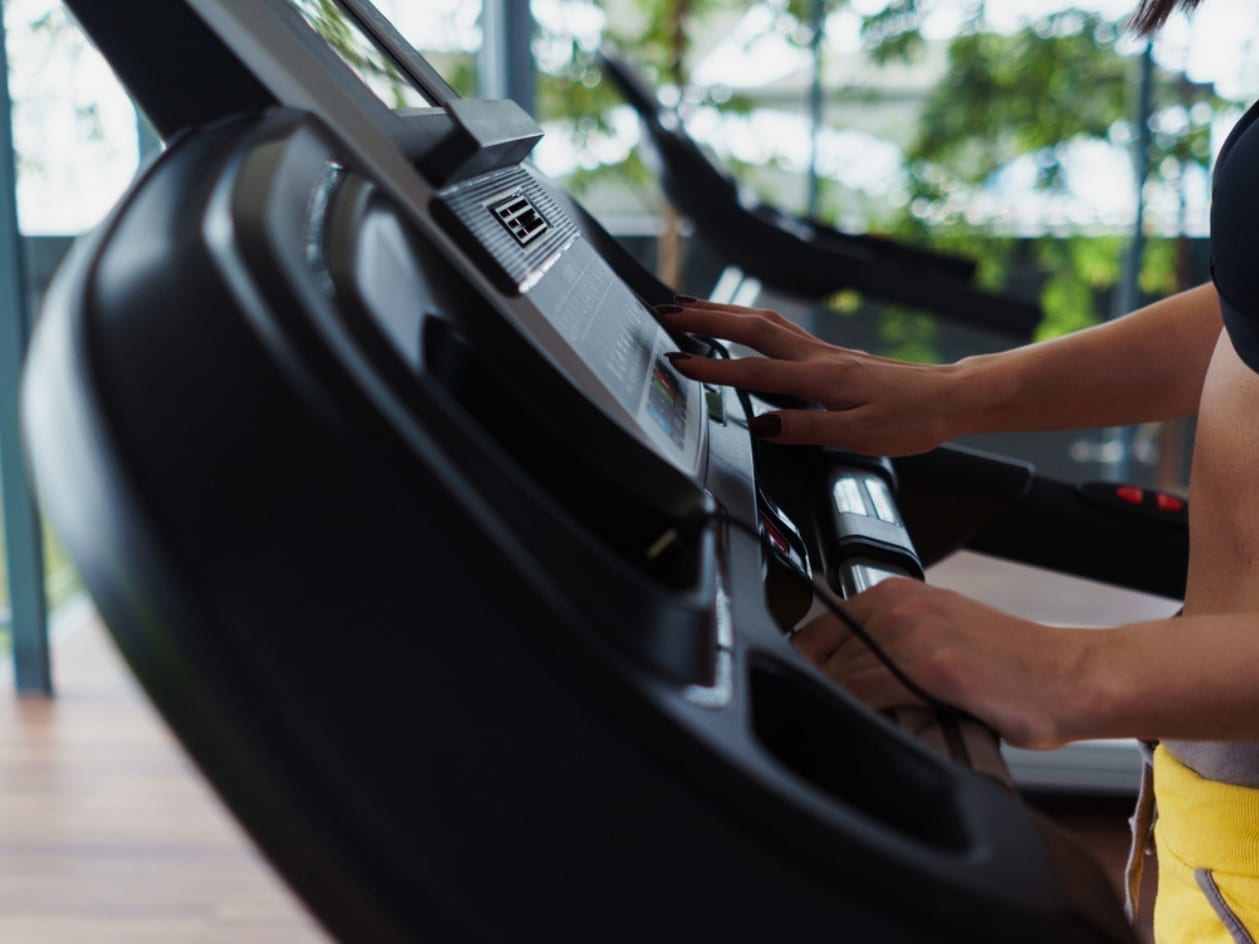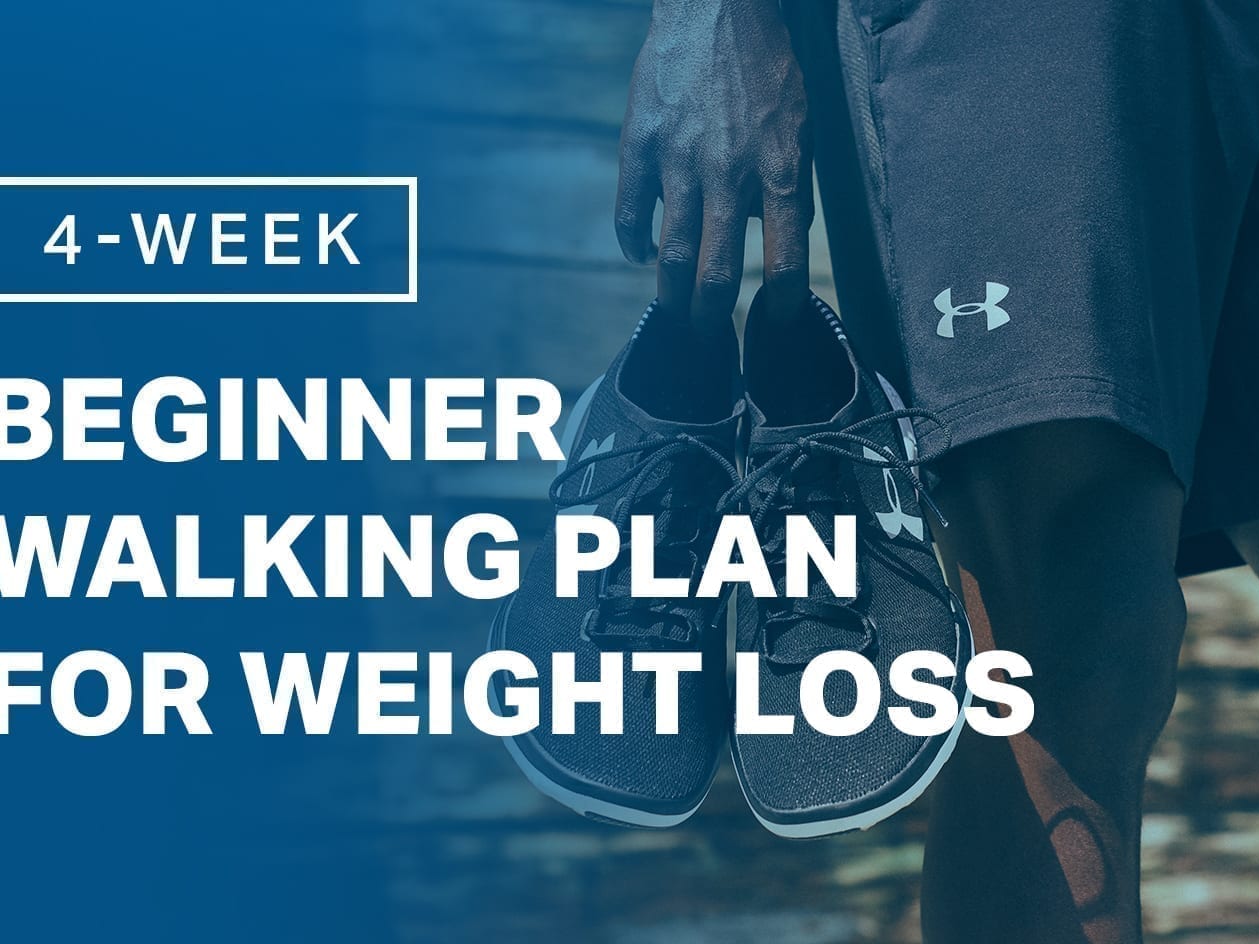With the worldwide coronavirus pandemic dominating headlines (and your ideas), it’s virtually unattainable to not really feel somewhat anxious proper now. “It’s a time when all of us are in want of wholesome methods to manage and assets to control our feelings,” says Kathleen M. McIntyre, LCSW, an teacher in psychiatric social work at Columbia College Medical Heart.
One optimistic coping mechanism: Going for a stroll. Right here’s what the science says and the way typically it’s best to stroll to reap the advantages:
THE SCIENCE
A latest research revealed within the journal Well being Psychology discovered train, similar to strolling, diminished emotions of hysteria, despair and hostility. McIntyre was a part of a workforce of researchers who adopted 119 wholesome (however inactive) adults between the ages of 20–45, separating them into two teams: The primary group didn’t change their exercise ranges whereas the second group began a moderate-intensity train routine that included strolling or jogging on a treadmill, utilizing a stair-climber or using a stationary bicycle for 4 days per week. The purpose, in response to McIntyre, was for individuals to realize 70–80% of their most coronary heart fee for at the least 40 minutes, 4 instances per week. The preliminary program lasted 12 weeks.
Those that engaged in moderate-intensity bodily exercise skilled a 39% drop of their despair scores (in comparison with the management group) and likewise reported decrease ranges of hostility and nervousness. Even after individuals stopped exercising for 4 weeks, their self-reported ranges of hysteria, despair and hostility remained decrease than their sedentary friends.
HOW IT FITS WITH PREVIOUS RESEARCH
Extra research have proven comparable results. The information exhibits high-intensity train had a larger affect on lowering nervousness in comparison with low-intensity train and exercises lasting at the least half-hour had been more practical than shorter exercises for treating nervousness and despair.
Furthermore, strolling in nature seems to be significantly useful for lowering nervousness. Spending as little as 120 minutes per week outdoor helped enhance psychological well being and well-being, in response to analysis revealed within the journal Scientific Studies.
THE BOTTOME LINE
Since 40 minutes of train at the least 4 instances per week led to vital psychological well being advantages, it’s an excellent purpose to purpose for. Nonetheless, even simply 10 minutes of strolling per day can assist you slowly work as much as longer durations in the event you’re new to strolling. Ultimately, you may wish to surpass 40 minutes, 4 instances per week, since “longer, extra frequent walks might present even greater advantages,” says McIntyre.
Not solely does train launch mood-boosting endorphins, however going for a each day stroll “is an effective way to have a way of accomplishment, which might yield an instantaneous enhance to your temper ranges, fight nervousness and enhance motivation,” notes McIntyre.
Simply keep in mind to observe the rules for social distancing and, if beneficial, put on a masks, provides McIntyre.
To turn into extra energetic, attempt setting a easy purpose to extend (and observe) your each day steps. Go to “Plans” within the MyFitnessPal app and select a 28-day step plan to study tricks to enhance your exercise.
